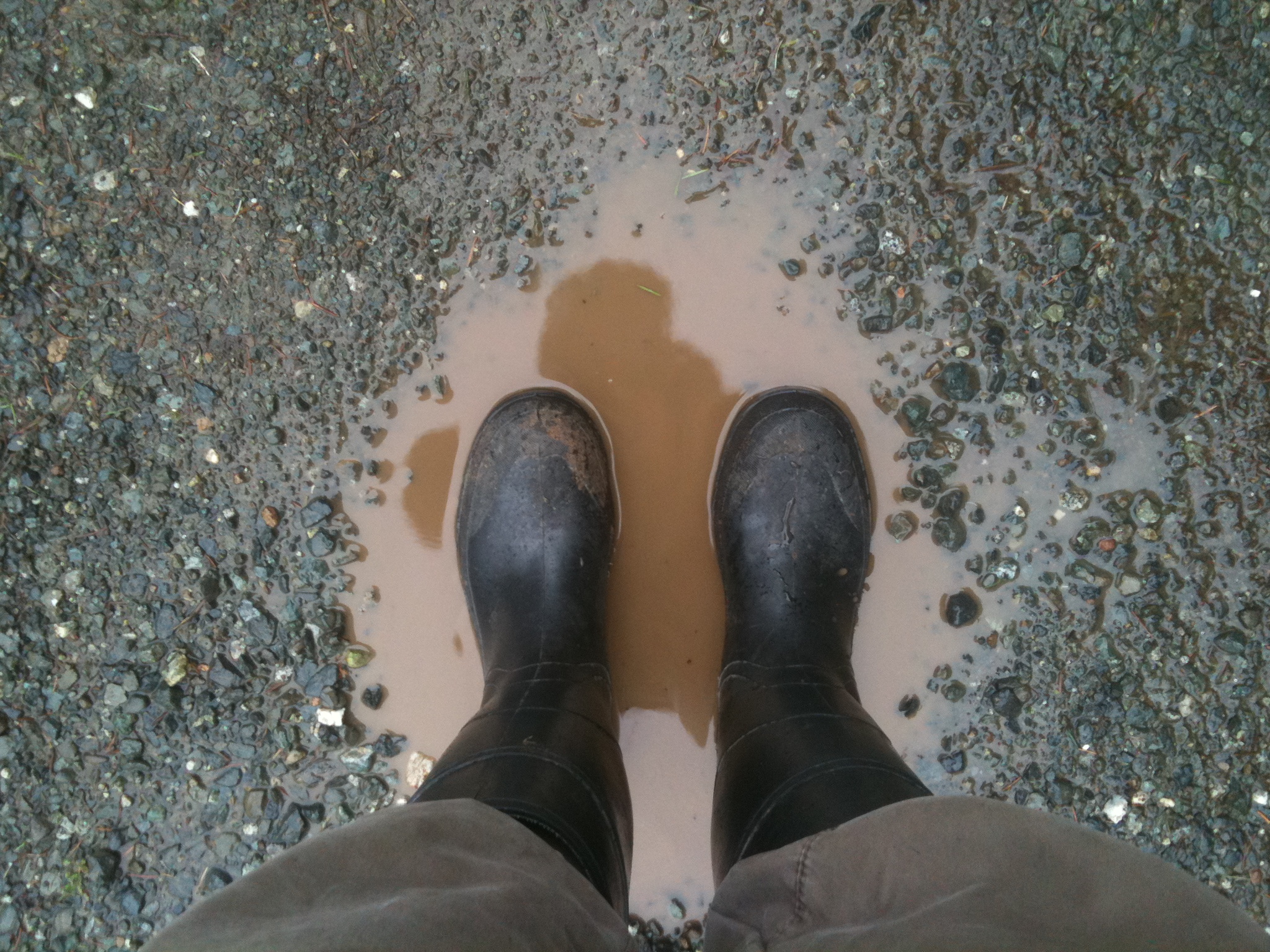Tonight I was at a birthday party for a young boy; I was invited as a result of my son being about the same age as the birthday boy. While we were dolling out the ice cream and cake for the 5 boys at the party, I was struck by the realization that there was a relationship between their choices for ice cream and cake, and how we need to look at education.
Here’s what each boy wanted for this ice cream and cake.
 |
 |
 |
 |
 |
What I noticed is that each of these boys, who ranged in age from 3 to 7, chose a different style of ice cream. Already, by the age of 3, these kids had preferences about what types of ice cream they wanted, whether or not they wanted chocolate syrup with it, and how much cake (if at all). These boys are all very different already.
The assumption that each child’s education has to be the same irks me to no end because I know that every child is different. Nothing is more clear to me from this simple example that these children are individuals from a very young age, and as such they need to be treated differently; they need to have their needs met.
More than at any other time in history we have the ability to personalize learning for every student, but we keep moving toward standardized curriculum, externally moderated work, and increased accountability in the minutia of what we do as educators. It is time to recognize that our students need more than this because if keep giving them all the same education, we will keep seeing some of them choosing not to participate in our system.
Ed says:
This is something I think about a lot. I have more questions than answers though! I blogged about it recently too. The gist was this…
I was recently talking with an intelligent, creative young woman, who’s traveled the world extensively, worked and volunteered in many countries, become familiar with different cultures, mastered a new language and overcome difficult situations. Although not formally qualified, she is a born teacher and has taught successfully in a range of places and settings. Yet when she recently decided to study as a ‘mature age student’, she found that the course she had dreamed of was simply not for her. This is not the first time she has struggled with the traditional educational structure. She told me that she finds it incredible that in this day and age, when there is so much awareness of the fact that people learn in different ways, it is incredible that higher education (from Year 11 onwards) does not seem to have changed at all. There is still an expectation that every student will fit the mould and learn best within the same old structure, setting and style.
July 12, 2010 — 5:00 pm